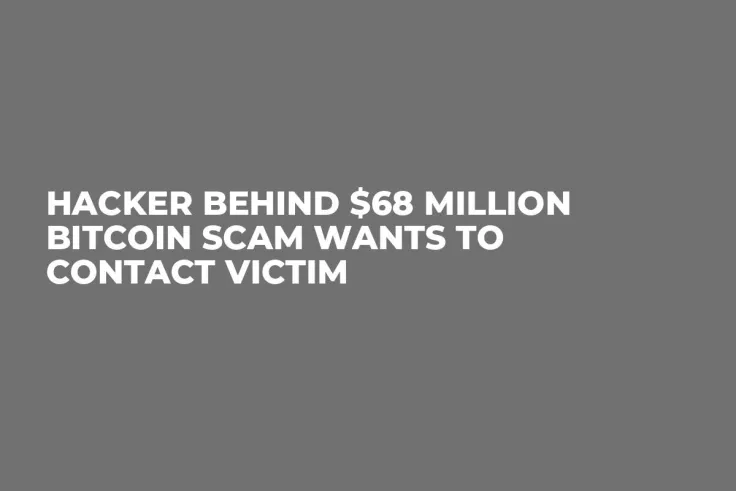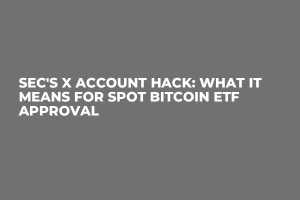
The hacker who has managed to pull off a $68 million address poisoning scam has now requested to contact the victim via the Ethereum blockchain, asking for their Telegram in order to start communication.
This comes after the victim repeatedly tried to reach out the hacker following the loss of funds:
"We both know $7 million is enough to live very comfortably, but $70 million will keep you up at night," one of the messages said.
A $68 million nightmare
As reported by U.Today, a trader lost a staggering $68 million worth of wrapped Bitcoin (BTC) by sending the aforementioned sum to a fraudulent address that looked almost identical to the real one.
Address poisoning involves sending spam transactions from almost identical addresses. Potential victims are expected to copy and paste these addresses from transaction history without double-checking them.
The fact that someone with such a huge amount of crypto fell for such a relatively simple ruse puzzled many members of the cryptocurrency community.
Tracking down the hacker
Shortly after scamming the traders out of their millions, the hacker started converting the ill-gotten funds into multiple Ethereum addresses.
However, some experts noted that it would be very challenging for the hacker to actually launder these funds without getting caught.
SlowMist, a blockchain security firm, recently further explored the incident. It identified several IPs of the hacker that originate from Hong Kong-based mobile stations. However, it was possible that a VPN was used for conducting the transactions. The hacker also conducted similar attacks on the Tron network.


 Vladislav Sopov
Vladislav Sopov Dan Burgin
Dan Burgin